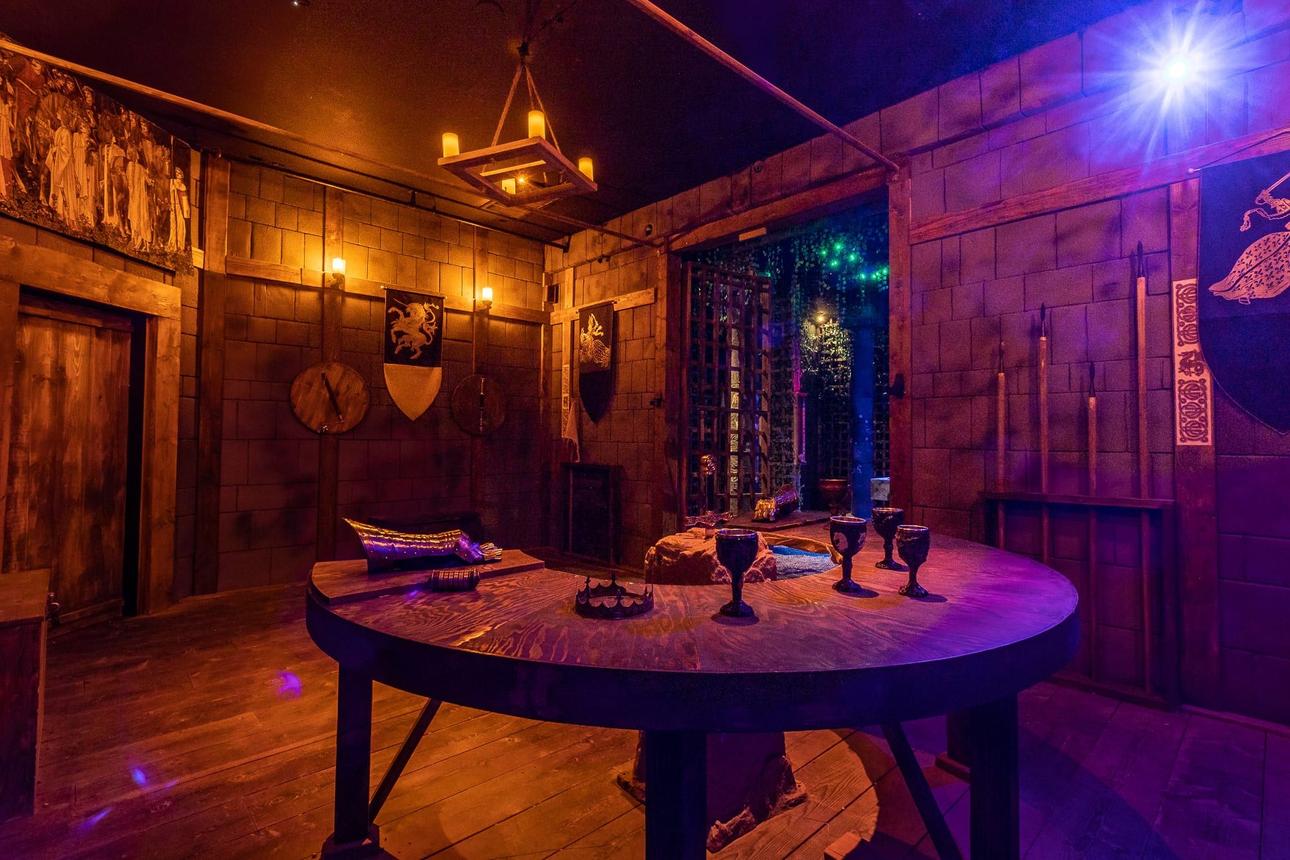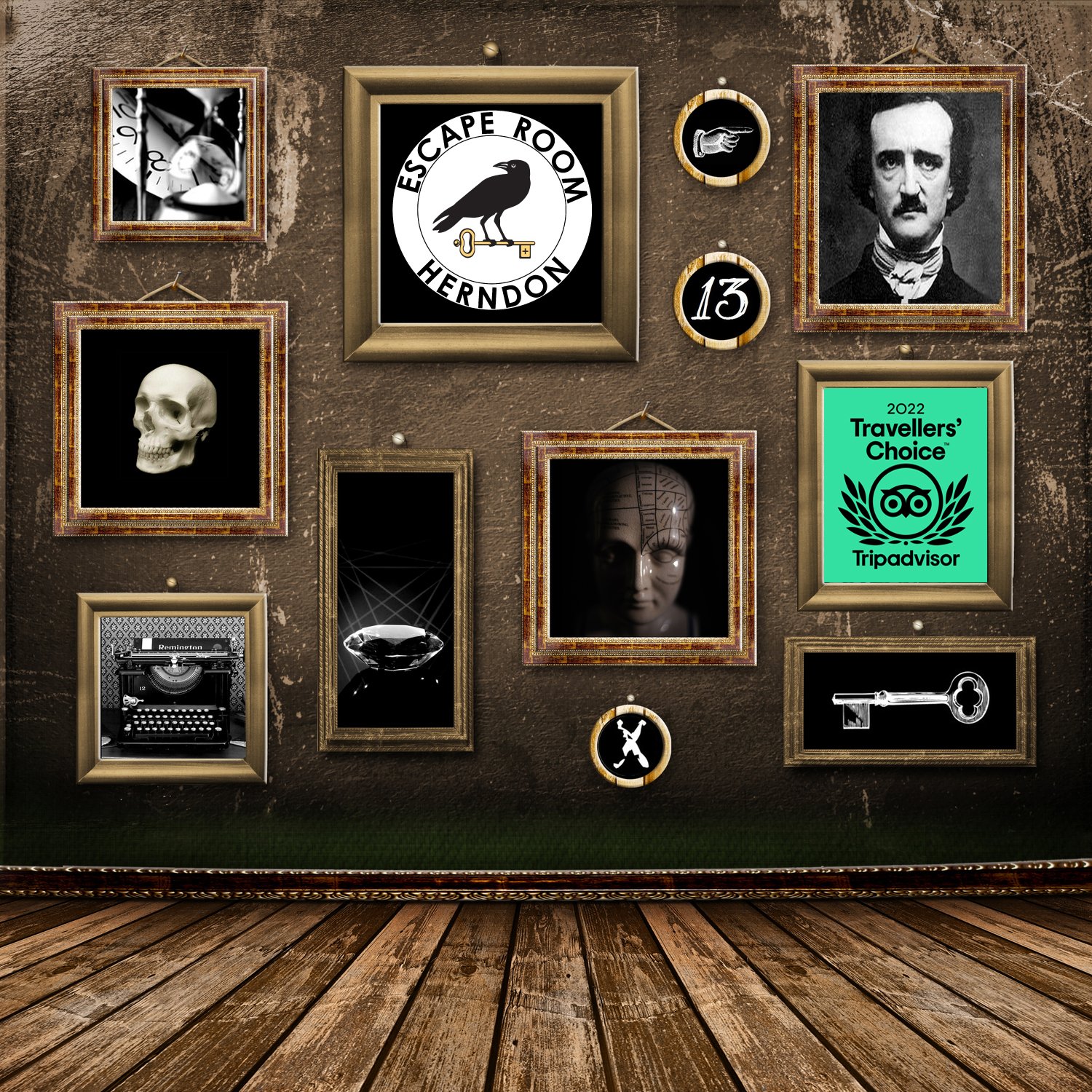Escape Room Minneapolis Mall of America-- Immersive and Fun
Escape Room Minneapolis Mall of America-- Immersive and Fun
Blog Article
Group Methods: Just How to Collaborate Effectively in an Escape Room
Navigating the complexities of an escape room requires greater than mere interest; it calls for a well-coordinated method based in clear communication, tactical function tasks, and experienced time administration. Teams have to proactively pay attention to each participant's insights, designate duties that straighten with specific strengths, and maintain normal check-ins to make certain focus and prevent redundancy. By promoting an environment that values communication and versatility, groups can dramatically heighten their efficiency and success rates. The nuances of these strategies can transform the experience, however how exactly can they be applied to maximize the potential for success?
Establish Clear Interaction

To promote clear communication, it is important to designate a central factor of contact for information dissemination. This role involves summing up findings and recommended strategies to make sure everyone remains on the same page. Furthermore, adopting an organized approach to conversations can protect against disorderly exchanges. Brief, focused updates from each team member can maintain the group educated without frustrating them with details - best escape room.

Designate Functions Tactically
While clear communication sets the structure for reliable team effort, assigning roles tactically makes certain that each group member's strengths are utilized efficiently. In an escape space circumstance, the time-sensitive and intricate nature of challenges demands an efficient approach to job delegation. By identifying and leveraging individual proficiencies, groups can optimize their analytic capacities and boost overall performance.
Someone with a keen eye for detail could stand out in locating surprise objects, while a rational thinker can be much better matched to fixing problems. This role usually needs strong business and social skills.
2nd, make certain that duties are flexible and versatile. As brand-new challenges arise, the team must have the ability to pivot, reallocating jobs as required. This adaptability assists preserve momentum and avoids bottlenecks that might take place as a result of rigid role jobs.
Inevitably, a calculated strategy to role task not only optimizes the strengths of each employee but additionally advice fosters a cohesive atmosphere, driving the team in the direction of an effective retreat.
Utilize Diverse Skills
Acknowledging and utilizing the varied abilities within your group can dramatically elevate your efficiency in a getaway space. Each employee brings unique toughness to the table, and properly leveraging these capabilities can expedite analytical and improve overall efficiency. A group member with strong analytical abilities might excel at decoding complex codes or patterns, while another with eager observational abilities might promptly find surprise clues that others might overlook.
Reliable communication is vital to using these diverse abilities. Motivate employee to articulate their insights and ideas quickly, making sure that all potential options are considered. This comprehensive approach cultivates a dynamic setting where imagination and important thinking can grow. Additionally, assigning jobs that straighten with each participant's toughness can stop traffic jams and make certain that progression is continuous.
Additionally, variety in skills usually converts to variety in assuming designs, which is indispensable in a getaway area setup. While some challenges might need rational reasoning and accuracy, others may profit from creative and side reasoning. By acknowledging and leveraging this diversity, teams can attend to a wider variety of difficulties better, consequently increasing their possibilities of an effective retreat.
Manage Time Effectively

First, allocate initial minutes for a fast study of the room. Determine visible puzzles and separate tasks based on group participants' staminas, ensuring that no one is idle. Set interior time checkpoints to review progression periodically; as an example, aim to have half the problems fixed by the mid-point of the video game. This technique can assist keep the team focused and prevent time from escaping unnoticed.
Furthermore, avoid tunnel vision. If a challenge is taking as well long, turn staff member or carry on to one more difficulty, returning later on with fresh point of views. Interaction is vital-- keep every person upgraded on resolved puzzles and remaining jobs to stay clear of redundant initiatives.
Lastly, utilize any hints or ideas moderately however strategically - best escape room. Understanding when to request help can save useful time. By you could try these out sticking to these time administration concepts, teams can significantly boost their opportunities of a successful and enjoyable retreat space experience
Debrief and Show
Reflection is a necessary element of team growth and renovation in the context of escape rooms. Once the obstacle is completed, whether successfully or not, it is vital for the team to take part in an organized debriefing session. This process permits staff member to analyze their efficiency, determine strengths, and pinpoint areas for improvement.
Start the debrief by discussing what went well. Highlight specific instances of reliable interaction, analytical, and collaboration. Recognizing these favorable habits enhances them and motivates their rep in future difficulties.
Discuss moments of confusion, miscommunication, or inefficient approaches. Motivate an open and useful discussion where group members can share their perspectives without fear of criticism.
Final Thought
In verdict, successful collaboration in a getaway area is based upon clear interaction, strategic duty jobs, the reliable usage of varied skills, and proficient time monitoring. By developing a natural and adaptive group atmosphere, the likelihood of successfully resolving problems and accomplishing the objective of escaping the area is significantly enhanced.
Report this page